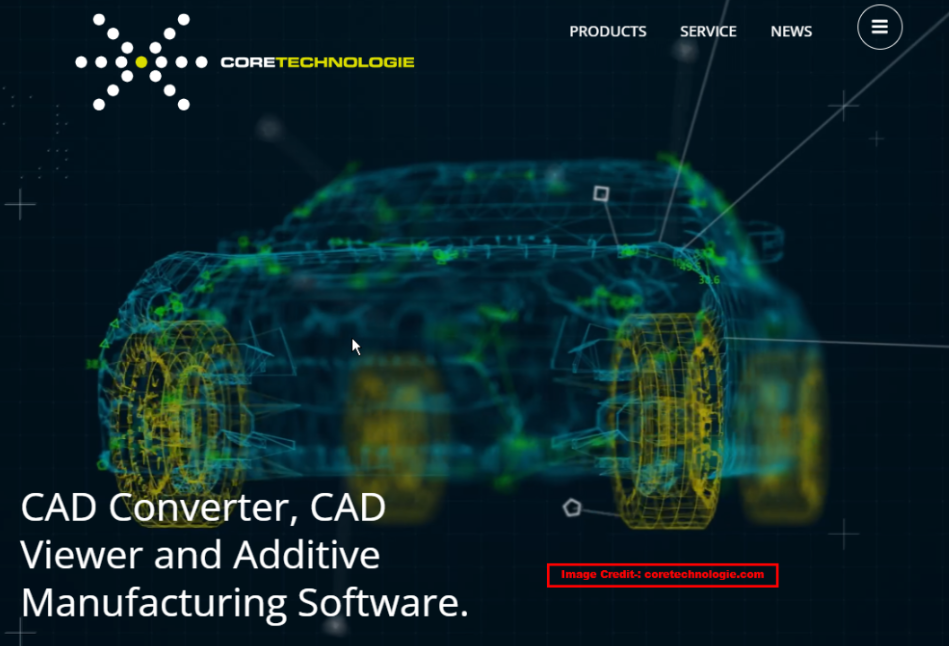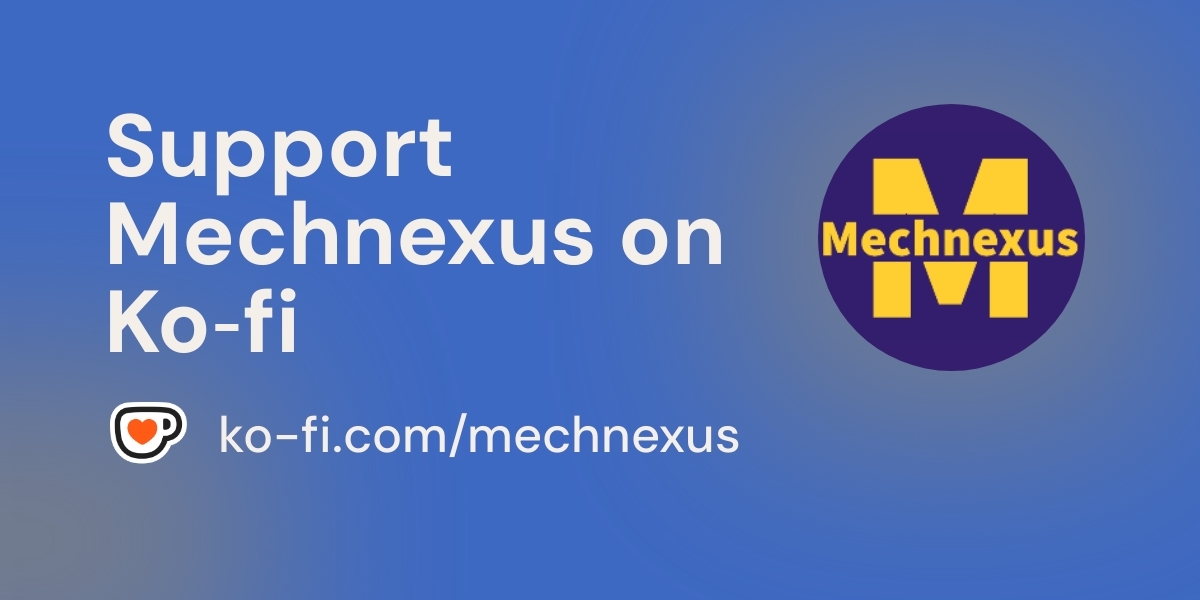
Software Development Kits (SDKs) are foundational tools that simplify creating cross-platform CAD applications by providing pre-built, standardized components, which saves development time and ensures consistency across different operating systems.
🛠️ What is an SDK and How Does It Help?
An SDK is a collection of software-building tools for a specific platform or system. For CAD developers, this means accessing ready-made, high-performance components for core functions instead of building them from scratch. Key components include:
-
Code Libraries: Pre-written, tested code for standard functions.
-
Debuggers: Tools for finding and fixing errors in the code.
-
Documentation: Instructions and guides for using the SDK effectively.
-
APIs: Mechanisms that allow the application to communicate with other software.
🌐 Solving Cross-Platform Challenges-:
Creating a single CAD application that runs seamlessly on Windows, macOS, Linux, and mobile operating systems is complex. SDKs designed for cross-platform development abstract away the differences between these systems.
Specialized 3D SDKs handle the heavy lifting of visualization, allowing developers to focus on application-specific features. For example:
-
HOOPS Visualize: A leading SDK that enables high-performance 3D application development for desktop and mobile platforms, with excellent handling of large datasets.
-
Open Inventor: Provides a high-level API that supports C++, Java, and Python, and is designed for managing complex 3D visualizations across Windows, Linux, and macOS.
Related Posts:
- Ultimate Guide to Landing Your First Mechanical Engineering Job
- From Mechanical Design Engineer to Engineering Manager: Making the Leap
- How to Negotiate Your Engineering Salary Like a Pro
✨ Key Benefits for CAD Workflows-:
Leveraging these SDKs brings major advantages:
-
Faster Development: Pre-built components and code samples significantly speed up the creation and deployment of CAD applications.
-
Native Performance: These toolkits are optimized to deliver high-quality rendering and real-time interaction, which is crucial for working with complex 3D models.
-
Consistent Experience: They ensure that the CAD application looks, feels, and performs reliably for every user, regardless of their device or operating system.
In summary, SDKs are indispensable for modern CAD software development, providing the technical foundation that makes powerful, efficient, and user-friendly cross-platform applications possible.
CoreTechnologie has launched the latest version of its 3D_Kernel_IO Software Developer Kit (SDK) 2025, designed to simplify cross-platform CAD workflows by providing fast and comprehensive access to over 24 major native and standard CAD formats through a single, easy-to-integrate API.

The table below summarizes the key features of this SDK:
| Feature | Description |
|---|---|
| Core Function | CAD interoperability SDK for reading and writing major CAD formats |
| Key Improvement | New geometry kernel for faster loading and optimized memory management |
| Data Supported | B-Rep geometry, assembly structure, PMI, design history, features, parameters, and kinematics |
| Platform Support | Windows, macOS, Linux, and ARM 64 processors |
| Healing Technology | Automatic data correction for gaps, overlaps, and other geometric inaccuracies |
🛠️ More about the SDK’s Capabilities-:
-
Enhanced Data Fidelity: The SDK goes beyond simple geometry translation. It provides semantic access to 3D Product and Manufacturing Information (PMI), including dimensions, tolerances, and annotations from systems like CATIA V5/V6, NX, Creo, and SOLIDWORKS. This ensures that critical manufacturing data is not lost during conversion. Support for design history and kinematics information allows for a deeper understanding of the model’s intent and behavior.
-
Powerful Healing and Tessellation: It includes advanced functions for checking and improving data quality during import, automatically correcting common geometric issues to ensure the models are watertight and accurate. The 2025 version also features a more precise and faster tessellation engine for generating high-quality visualization models at any resolution.
-
Streamlined Integration for Developers: The SDK is programmed in C++ and comes with comprehensive Doxygen documentation, source code examples, and an included 3D viewer to accelerate development. Its architecture allows developers to integrate a single DLL file to gain access to all supported formats and functions.
Related Posts:
- How to Build a Killer Mechanical Engineering Resume
- Top 10 Interview Questions for Mechanical Engineers
- Pros and Cons of Being a Mechanical Engineer Consultant
💡 Business Value and Licensing-:
For software vendors and engineering teams, this SDK addresses a critical pain point. By dealing with a single vendor and one predictable annual licensing fee, companies can significantly reduce the complexity and cost associated with multi-CAD interoperability. This enables them to focus on their core application development while ensuring reliable access to the latest CAD formats, which are constantly updated by CoreTechnologie.
“Thank you for reading! If you found this article insightful and valuable, consider sharing it with your friends and followers on social media. Your share can help others discover this content too. Let’s spread knowledge together. Your support is greatly appreciated!”

